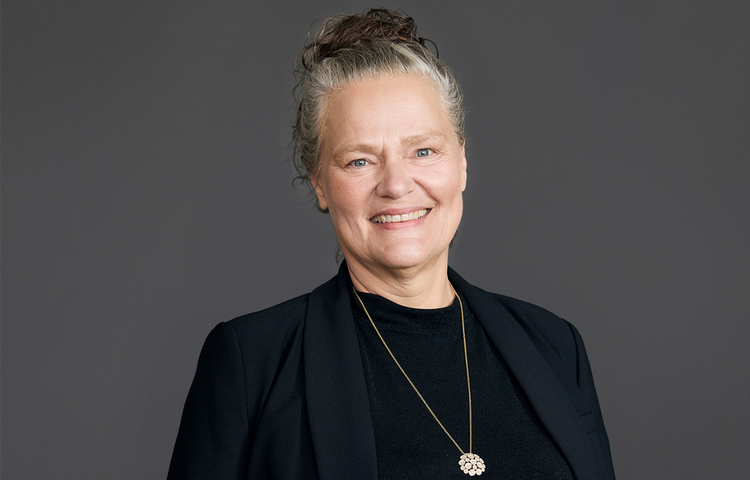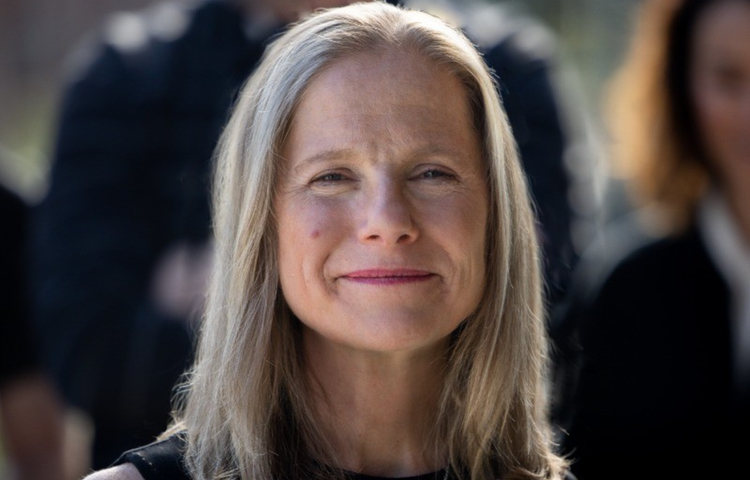Ninety One names new Chief Sustainability Officer
Daisy Streatfeild replaces Nazmeera Moola as CSO.

Investment manager Ninety One has promoted Daisy Streatfeild from her role as sustainability director to Chief Sustainability Officer, effective 1 October.
Streatfeild replaces Nazmeera Moola in the sustainability hot seat after Moola was appointed Chief Commercial Officer for Private Markets. Moola remains engaged in oversight of sustainability through her role on Ninety One’s Sustainability Committee.






